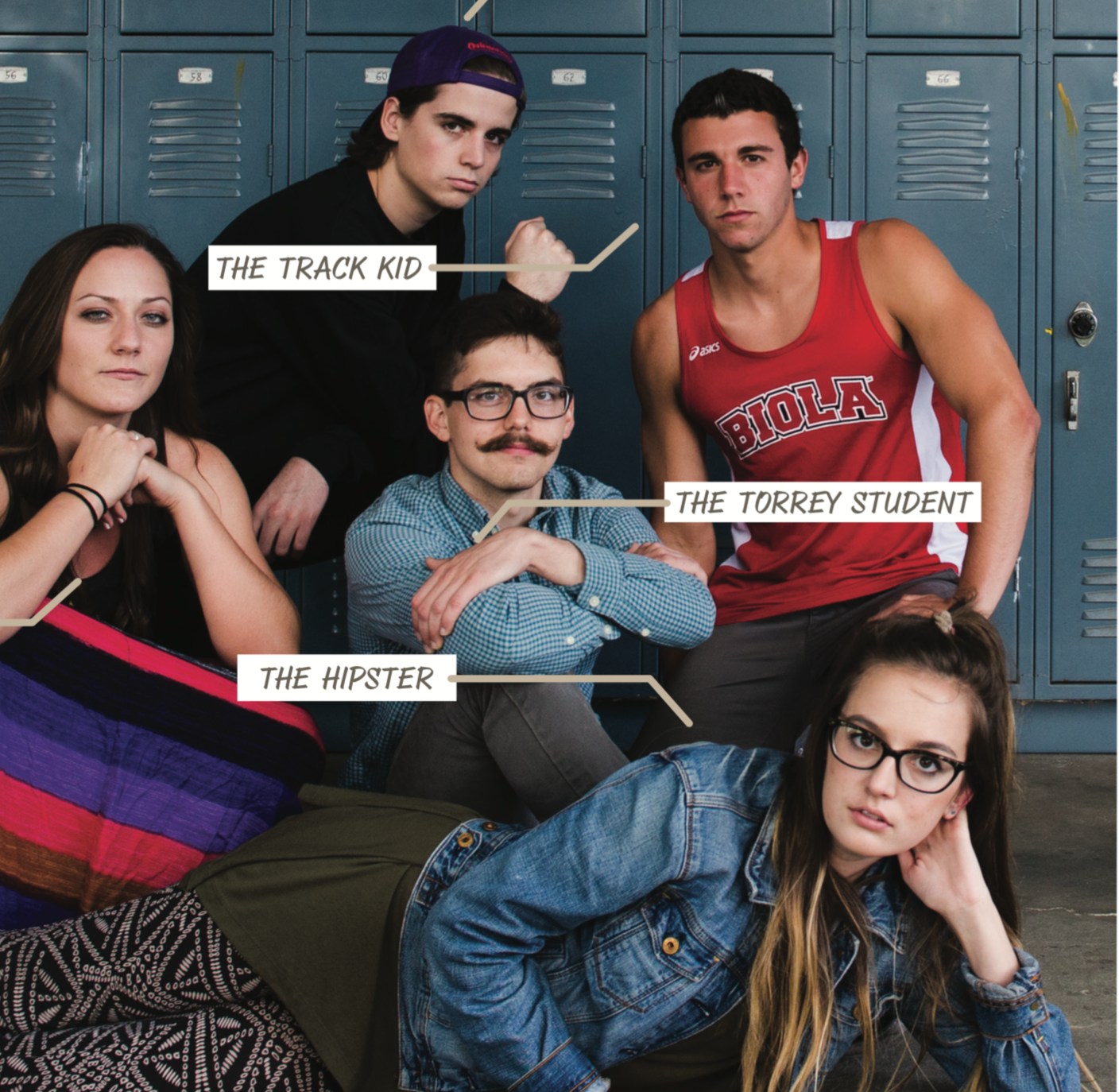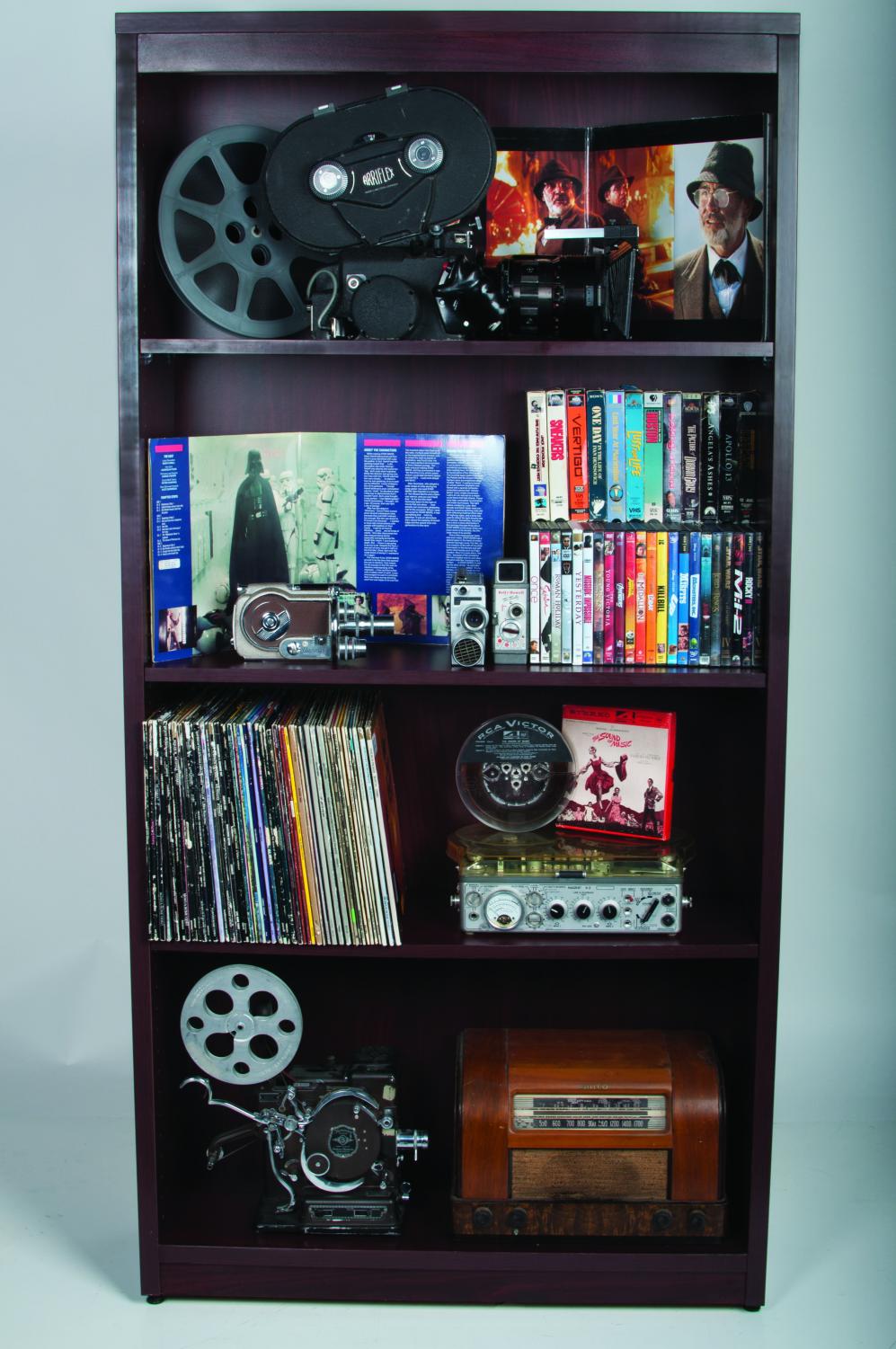Written by Melissa Wills
“We’re all pretty bizarre, some of us are just better at hiding it.”
This infamous line by character Andrew Clark sets the premise of The Breakfast Club. The film has remained a timeless classic because of its coming-of-age message that reveals deep truths about humanity. Entering into it 30th anniversary year, this story has remained memorable because it delves into the struggles of growing up, discovering who you are and breaking through insecurities.
The characters include the princess, the jock, the criminal, the brain and the basket case. At first, the characters hate each other because they have to spend eight hours in detention together. To pass the time they dance, tell stories, argue and talk about their deepest secrets. They discover that they all have strained relationships with their parents, share similar insecurities and have too many regrets to count. This realization sets the premise of the film: Despite different backgrounds, people are all the same at their core.
Andrew Mauzey, professor of literature and film, believes that this film has remained timeless after 30 years because of how it represented the ‘80s, yet still relates to audiences today.
“When I think of The Breakfast Club, I think of it as an ‘80s film. It doesn’t really feel like those other films that transcend decades, but encompasses a decade, almost creating a time capsule for that period,” says Mauzey.
However, Mauzey notes that even though the decade has changed, people’s struggles, insecurities and desires have stayed the same. This is why millennials find the film relatable.
“For those who didn’t grow up in the ‘80s there are other time capsules that open up, that bring back memories of what it is like to be a teenager, son or daughter. It reminds us of who we were, and as we grow older, it reminds us of how far we have come,” says Mauzey.
For many, high school was a defining time in their lives. It revolved around exclusive cliques, popularity contests and stereotypical norms. It was also a time of growing up and realizing that teenage antics were just a phase. What really mattered were the meaningful relationships that were formed. When we watch the Breakfast Club characters evolve, we can see a glimpse of ourselves.
Oftentimes people put up barriers, choosing whom to ignore and with whom to build a relationship, because of preconceived judgements. However, the story of The Breakfast Club offers a realization: If you are forced to get to know the people you usually avoid, meaningful relationships can develop. This is seen at the end of the film when the characters form bonds and decide to write an essay that they were assigned to complete during detention. Instead of writing the essay, they write a letter to their principal explaining why his preconceived judgments of them were wrong.
The letter reads, “You see us as you want to see us … In the simplest terms and the most convenient definitions. But what we found out is that each one of us is a brain … and an athlete … and a basket case … a princess … and a criminal.”
These kids recognized that though they have distinct traits they also have more in common than they thought. This universal theme is why the film speaks to every generation.
This is a lesson that Biola students can take away. It is easy to have preconceived notions of that quirky student sitting next to you in class, or the roommate who has become your worst nightmare. Remember, though: Putting in the effort to understand where they are coming from can foster mutual understandings and build stronger relationships with others
Justine Rumbaua, a junior film student, believes that this coming-of-age story teaches audiences about being open to friendships from every walk of life.
“I believe [director] John Hughes created a classic that reminds every generation that we are all people, no matter what walk of life we came from, or where we are now,” she says. “It makes us remember that we were made for relationship and shows us how important it is to break free from stereotypical norms.”
The Breakfast Club resonates with humanity. It highlights a decade, yet relates to audiences of all ages. If reminds us of how relationship can grow stronger with mutual honest, intentionality and a willingness to be vulnerable with others — even those with whom we find ourselves “stuck” for a time.




